AAA&S names 2023 members
The American Academy of Arts & Sciences has announced its 2023 class of nearly 270 new members. Among the class are American Society for Biochemistry and Molecular Biology members Ruma Banerjee, Emmanuelle Charpentier, Daniel Herschlag, Andre Nussenzweig and Sandra Wolin.
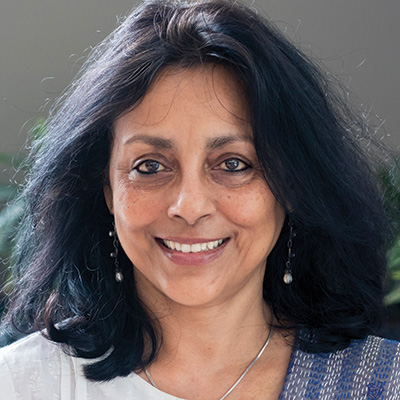
Banerjee is a professor of biological chemistry at the University of Michigan Medical School. Her lab studies the chemical biology of hydrogen sulfide signaling, mammalian sulfur metabolism and the structural enzymology of human B12 proteins. Banerjee is a member of the ASBMB Maximizing Access Committee and was an associate editor of the Journal of Biological Chemistry from 2011 to 2022. She was elected an ASBMB fellow in 2021, and she received the ASBMB Merck Award in 2019.
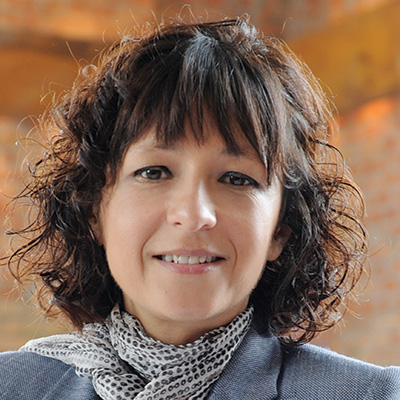
Charpentier is the director of and a scientific member at the Max Planck Unit for the Science of Pathogens. She was awarded the 2020 Nobel Prize in Chemistry and the Wolf Prize in Medicine with Jennifer Doudna for their work on CRISPR gene editing. Her lab continues to study RNA-and protein-mediated regulatory mechanisms in the bacterial pathogen Streptococcus pyogenes, which were the basis for the CRISPR discovery. She has more than 50 patents and her honors include the Harvey Priz, Kavli Prize in Nanoscience, Breakthrough Prize in Life Sciences, Warren Alpert Foundation Prize and the Novozymes Prize.
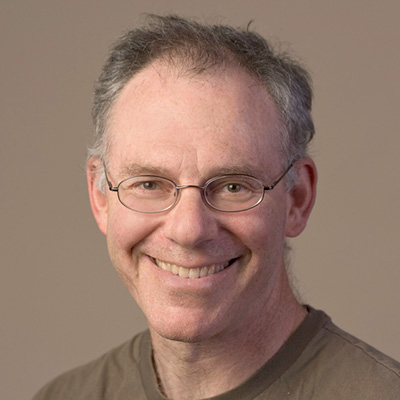
Herschlag is a professor of biochemistry at Stanford University. His lab focuses on unraveling the physical and chemical principles that underlie RNA and protein behavior in the context of enzymology, RNA folding and the evolution of molecular interactions and catalysis. Herschlag is a fellow of the American Association for the Advancement of Science and a member of the National Academy of Sciences. He won the ASBMB William Rose Award in 2010 and received the 2022 Stein and Moore Award from the Protein Society.
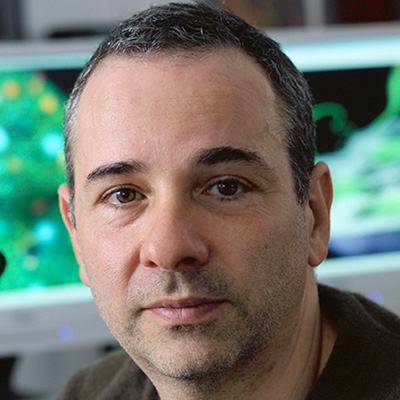
Nussenzweig is a National Institutes of Health distinguished investigator and chief of the laboratory of genome integrity at the NIH National Cancer Institute. His research examines genome stability as well as DNA repair pathways and their roles in cancer prevention. Nussenzweig is a member of the European Molecular Biology Organization and the U.S. National Academy of Medicine and the U.S. National Academy of Science.
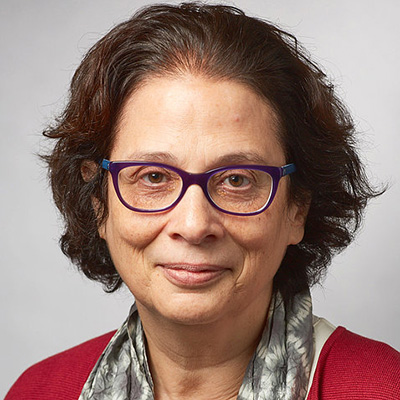
Wolin is a senior investigator and chief of the RNA Biology Laboratory at NCI. She studies the machineries that chaperone noncoding RNA biogenesis and ribonucleoprotein assembly as well as the cellular mechanisms by which defective RNAs are recognized and handled. She is a fellow of the American Association for the Advancement of Science and the American Academy of Microbiology. In 2021, Wolin received the American Society for Cell Biology Sandra K. Masur Senior Leadership Award.
Enjoy reading ASBMB Today?
Become a member to receive the print edition four times a year and the digital edition monthly.
Learn moreGet the latest from ASBMB Today
Enter your email address, and we’ll send you a weekly email with recent articles, interviews and more.
Latest in People
People highlights or most popular articles

2026 ASBMB election results
Meet the new Council members and Nominating Committee member.

Simcox wins SACNAS mentorship award
She was recognized for her sustained excellence in mentorship and was honored at SACNAS’ 2025 National Conference.

From humble beginnings to unlocking lysosomal secrets
Monther Abu–Remaileh will receive the ASBMB’s 2026 Walter A. Shaw Young Investigator Award in Lipid Research at the ASBMB Annual Meeting, March 7-10 in Washington, D.C.

Chemistry meets biology to thwart parasites
Margaret Phillips will receive the Alice and C. C. Wang Award in Molecular Parasitology at the ASBMB Annual Meeting, March 7-10 in Washington, D.C.

ASBMB announces 2026 JBC/Tabor awardees
The seven awardees are first authors of outstanding papers published in 2025 in the Journal of Biological Chemistry.

Decoding how bacteria flip host’s molecular switches
Kim Orth will receive the Earl and Thressa Stadtman Distinguished Scientists Award at the ASBMB Annual Meeting, March 7–10, just outside of Washington, D.C.
